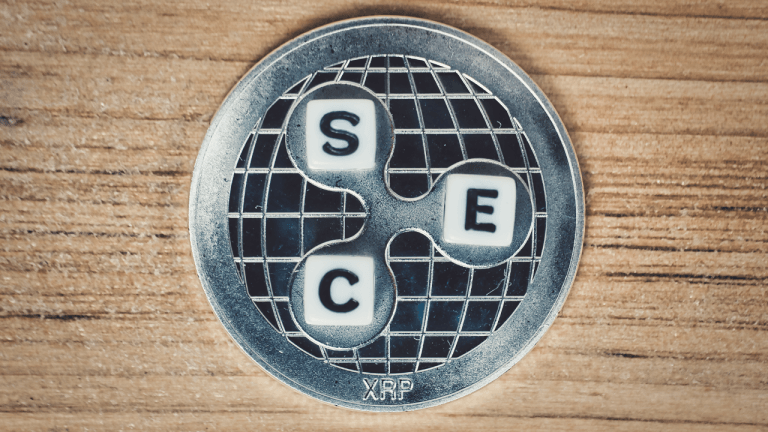
The ASI Alliance can enable mass adoption of decentralized networks in the same way the world jumped into ChatGPT, SingularityNET CEO believes.
The Artificial Superintelligence (ASI) Alliance, an industry merger aiming to challenge Big Tech dominance in artificial intelligence, has a long path to reach rivals’ computing power. Still, a key alliance member believes it can offer much smarter decentralization solutions.
On Sept. 19, ASI officially opened voting on bringing the cloud computing and blockchain platform Cudos into its alliance in a move to expand its computing power and AI tools.
Open until Sept. 24, the vote allows the community to decide whether Cudos should join and merge their native token, Cudos (CUDOS), with the ASI Alliance, which currently includes SingularityNET, the Ocean Protocol and Fetch.ai.

